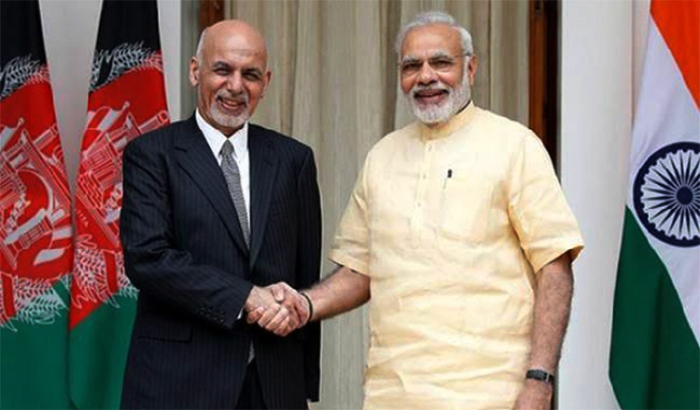New Delhi, Apr 5: BJP president Amit Shah has said that it was his party's decision not to give Lok Sabha poll tickets to those above 75 years of age, leading to veteran leaders like L K Advani and Murali Manohar Joshi missing out.
Shah also said he wanted "direct mandate" from people to come to Parliament and that is why he decided to contest the general election.
He, however, played down speculation that he may join the government if the BJP retains power at the Centre, saying such a claim has no basis as one can become a minister even as a Rajya Sabha member.
He made these remarks in an interview to 'The Week'.
On the question of party veterans not given tickets, Shah said, "Only the media is pushing this issue. No one above 75 has been given tickets. This is the party's decision."
Talking about his own candidature from Gandhinagar, where he replaces Advani, Shah said, "I have been an MLA for 25 years. I am a political worker who stays among the people. When my assembly term ended, there was no Lok Sabha election. So, I went to Rajya Sabha. I wanted a direct mandate from the people to go to Parliament and the party agreed."
Underlining that Prime Minister Narendra Modi's leadership and national security are two major issues for the party in these elections, Shah said Modi brought the policy of zero tolerance towards terrorism to the fore.
"This policy has been successful. We had the surgical strikes and the air strikes. Through these two interventions, a message has gone to the world that apart from the United States and Israel, if there is any other country which can avenge the murder of members of its armed forces, it is India," he said.
On Balakot strikes, the BJP chief said even Pakistan's army and its prime minister accepted that they had suffered losses. They were even preparing for retaliation but even then opposition was asking for proof.
"I believe there cannot be a bigger disrespect to our armed forces. The opposition should not stoop so low for their vote-bank politics," he said.
When asked about BJP's sitting MPs facing anti-incumbency, Shah said it is Modi who is contesting election from every seat not these MPs.
"... Correct this misunderstanding that everyone is contesting parliamentary elections. Even Amit Shah is not contesting elections. From every seat, Narendra Modi is contesting. The country is voting to make Narendra Modi prime minister," he said.
When asked about not much movement on party's ideological issues such as Ram temple and Article 370, he said these require a "full majority" in the Lok Sabha and the Rajya Sabha.
"The Ram temple issue is pending in court. We will wait for the judgment. But our stand is that a grand temple should be built at the same spot as early as possible," he added.






Comments
Add new comment